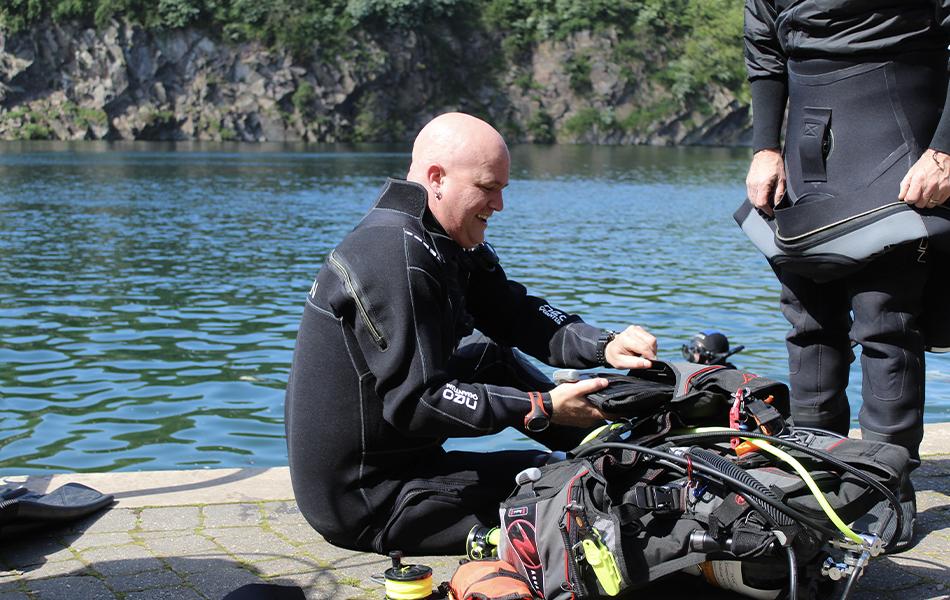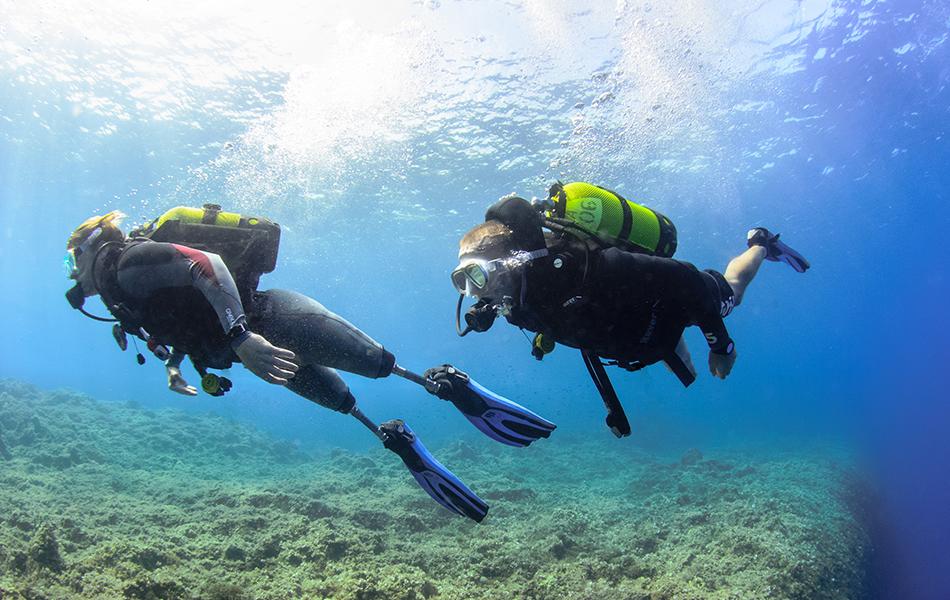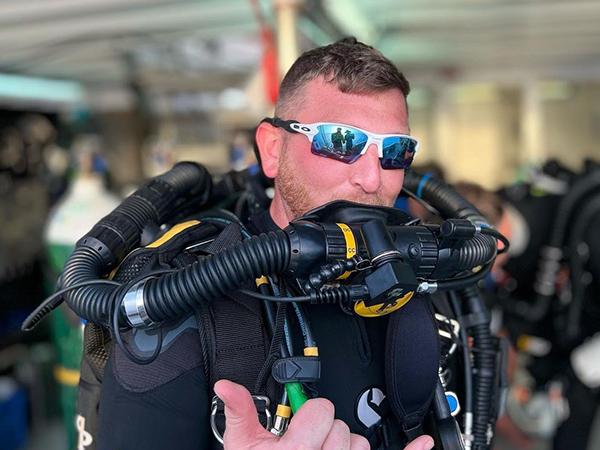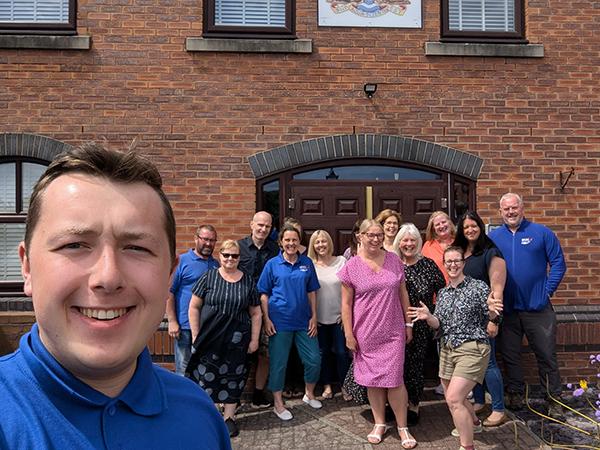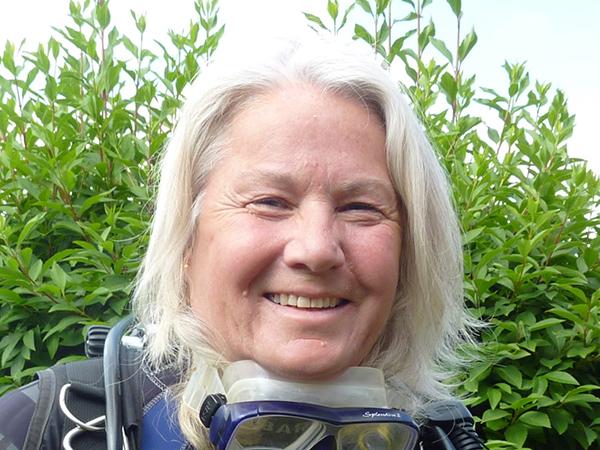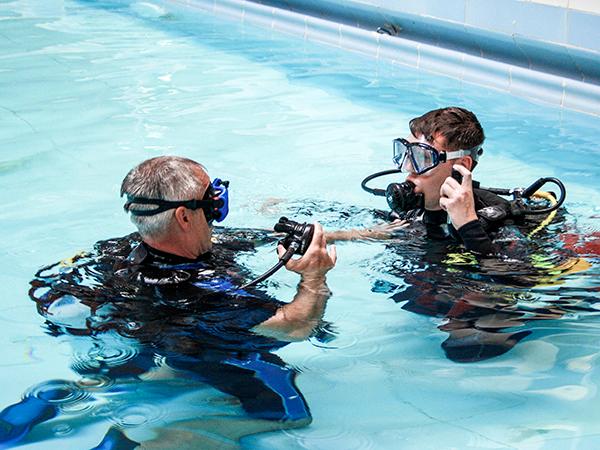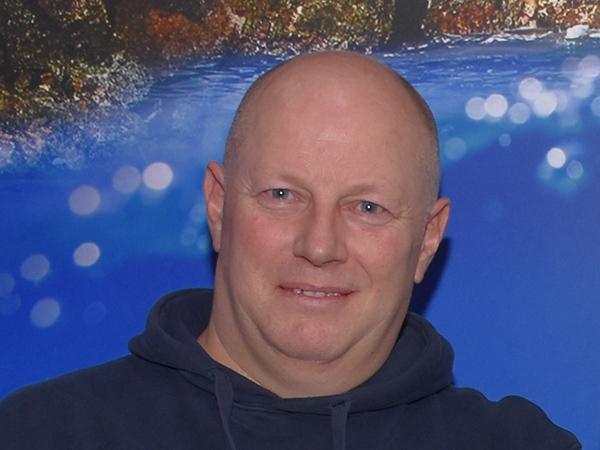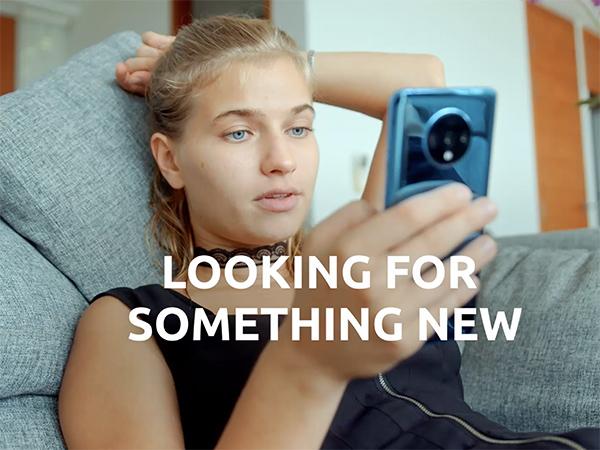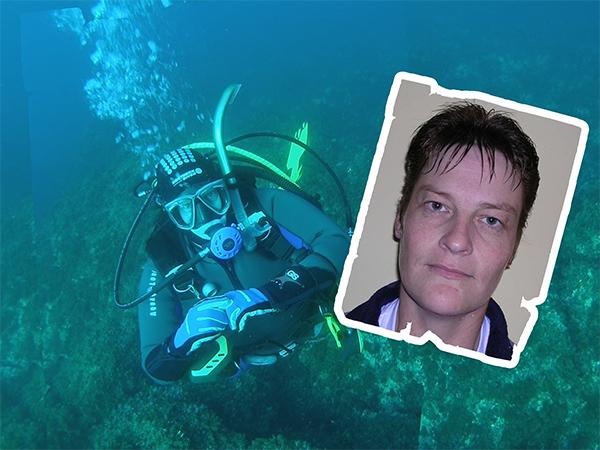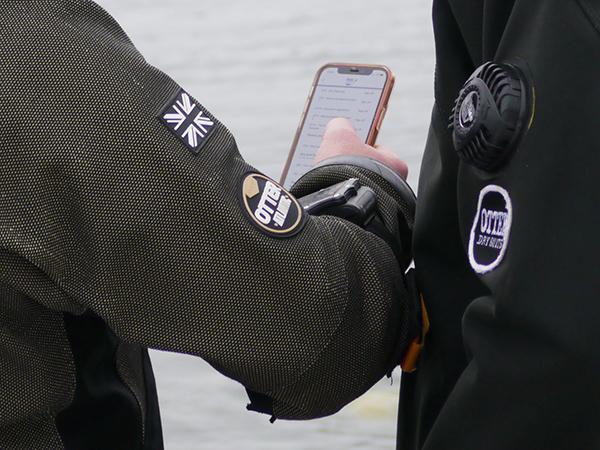Scuba divers with disabilities tend to be very motivated and most challenges can be overcome. And yet disabled people or people living with a long-term health condition (LTHC) are less likely to be part of a sports club. Let’s work towards welcoming more disabled people.
One in five people in the UK have an impairment or long-term health condition (LTHC). That’s a lot of people. And being part of a BSAC club and scuba diving can offer both physical and mental respite for people living with disabilities.
It’s important to know, therefore, that people with disabilities may learn to dive or go diving just like any member of any club.
The intention or aim of BSAC for people living with disabilities is the same for any other person - for the diver/snorkeller to qualify with a branch or training centre as a diver or snorkeller, and to then join in their chosen club’s activities as a full member, enjoying all the benefits that brings.
BSAC Diving for All Chief Instructor Mick Stewart said:
BSAC clubs have always been naturally supportive. Anyone who knocks on our door should be offered the chance to participate. The only reason not to would be a medical condition, backed by professional advice, where diving could be dangerous to their health. Even then, snorkelling might be an option! Being part of a BSAC club has a lot to offer people living with a disability, whether it can be seen or not and, as an organisation we’re dedicated to ensuring that diving is accessible and welcoming to all.
Working towards a more inclusive community starts with a better understanding…
How do we define disabled people and people with LTHC?
Disability can be defined as ‘a physical or mental impairment that has a substantial and long-term negative impact on people’s ability to do normal daily activities’. LTHCs are conditions that cannot, at present, be cured, but can be managed by medication and/or other treatments/therapies.
It is important to recognise that not all impairments or LTHCs are visible but they can impact a person’s ability to be part of activities, participate or volunteer in sport and physical activity. It is therefore important for organisations to understand people’s needs to support everyone to have a meaningful and positive experience.
Why is it important for your branch or training centre to be inclusive?
Everyone should be able to enjoy sport and physical activities. As organisations that support the delivery of sport and physical activity, it is important that you do as much as possible to make your offer as inclusive and accessible to everyone.
Organisations have a legal requirement as set out in the Equality Act (2010) which requires them to make reasonable adjustments to their services and offer so that everyone has the opportunity to access them. This does not however just mean making your facilities wheelchair-user friendly, but adapting the activities you offer so that anyone with an impairment or LTHC who wants to attend or be involved with your organisation can.
People with disabilities may learn to dive or go diving with your branch just like any member of any club.
Training for a disabled student should follow the BSAC syllabus in the Diver Training Programme (DTP) and the diving protocols of Safe Diving practices. Any deviations from the DTP should be exceptional and only warranted by the student’s disability.
Help and advice is available from BSAC by email or by calling 0151 350 6203 and also by contacting the Diving for All Chief Instructor by email.
- Training for a student with disabilities should be delivered by a nationally qualified BSAC instructor, and they are encouraged to have develop additional awareness by becoming a qualified DfA Instructor. More info on the DfA Instructor Course (DfA IC)
- Any BSAC member buddying a diver with an impairment or disability should ideally complete the DfA Awareness course
BSAC’s Safeguarding policy contains further information on safeguarding vulnerable adults and equality and diversity within the organisation.
What are the benefits of being inclusive?
There are a number of overarching benefits of being an inclusive branch. Positioning yourselves as a champion of inclusion will:
- Enhance your brand and reputation
- Increase membership
- Break down barriers and promote social inclusion
- Increase governance and risk management and decrease potential legal risks
What are the barriers for disabled people and people with LTHCs?
There are many barriers that can prevent disabled people and people living with LTHCs from participating and volunteering within sport and physical activity. A number of barriers rise when the number of impairments that a person has increases.
Barriers can be broken into three main types; psychological, physical and logistical. Psychological barriers, which are the views and opinions of disabled people and people living with LTHCs that can prevent them from joining in with activities or an organisation, are recognised as being some of the biggest barriers.
Each of these has been explored in more detail below.
Psychological barriers:
- Personal perceptions leading to thoughts of not being able to or not wanting to take part in sport or physical activity. The misunderstanding of what the activity offer is and includes, often leads to these negative perceptions
- Negative perceptions of sport and physical activity which have been driven by bad experiences in the past.
- The impression from others already at your organisation. If those at your organisation are unable to advise or provide information on suitable activities upon enquiry, this may give the impression that your organisation does not support people with specific needs.
Physical barriers:
- A lack of suitable facilities and equipment which are not accessible or are only partially suitable for the needs of disabled people or people with LTHCs.
- Adaptions or changes to facilities, equipment or activities offered may not be provided due to the health and safety concerns associated with these changes.
Logistical barriers:
- Location of your organisation and the sessions that you run.
- The expense involved in travelling to different locations and purchasing specialised equipment.
- The ability to involve family members/friends or carers to support attendance.
- Inaccessibility of marketing and communications resulting in a lack of knowledge of activities or volunteering opportunities.
- The suitability and desire of an organisation to mix disabled people and people with LTHCs with non-disabled people.
Why is a person-centred approach important?
Disabled people and people living with LTHCs come from a wide range of diverse backgrounds and there are likely to be unique variations in their needs and the barriers they face. It is therefore unlikely to be a single barrier that impacts their desire or ability to participate or volunteer at your organisation.
To help address and understand the issues and barriers faced by individuals, organisations should look to adopt a person-centred approach. This approach enables organisations to look beyond people’s impairment as one demographic. The organisation considers the connection between people’s values, motivations and other demographic groupings. It means you can develop an understanding of the participant and volunteer needs to tailor and meet their offer, where possible.
It can be very challenging to get it right as every audience has different needs, sometimes down to an individual level. But whatever you can do to meet specific needs will help ensure your organisation is as inclusive as possible.
How does your organisation embed inclusivity for disabled people and people with LTHCs?
To help address specific barriers identified for disabled people and people with LTHCs and to embed inclusivity in your organisation, it is important to consider what changes you could make.
Research carried out by the Activity Alliance (Talk to me research report) found there are 10 principles. These 10 principles can be used to improve your club’s offering for disabled people and people with LTHCs.
Further support
Activity Alliance is a national charity and leading voice for disabled people in sport and activity. They exist to close the fairness gap between disabled and non-disabled people’s activity levels. A wide range of information and guidance, resources and training is available on their website.

